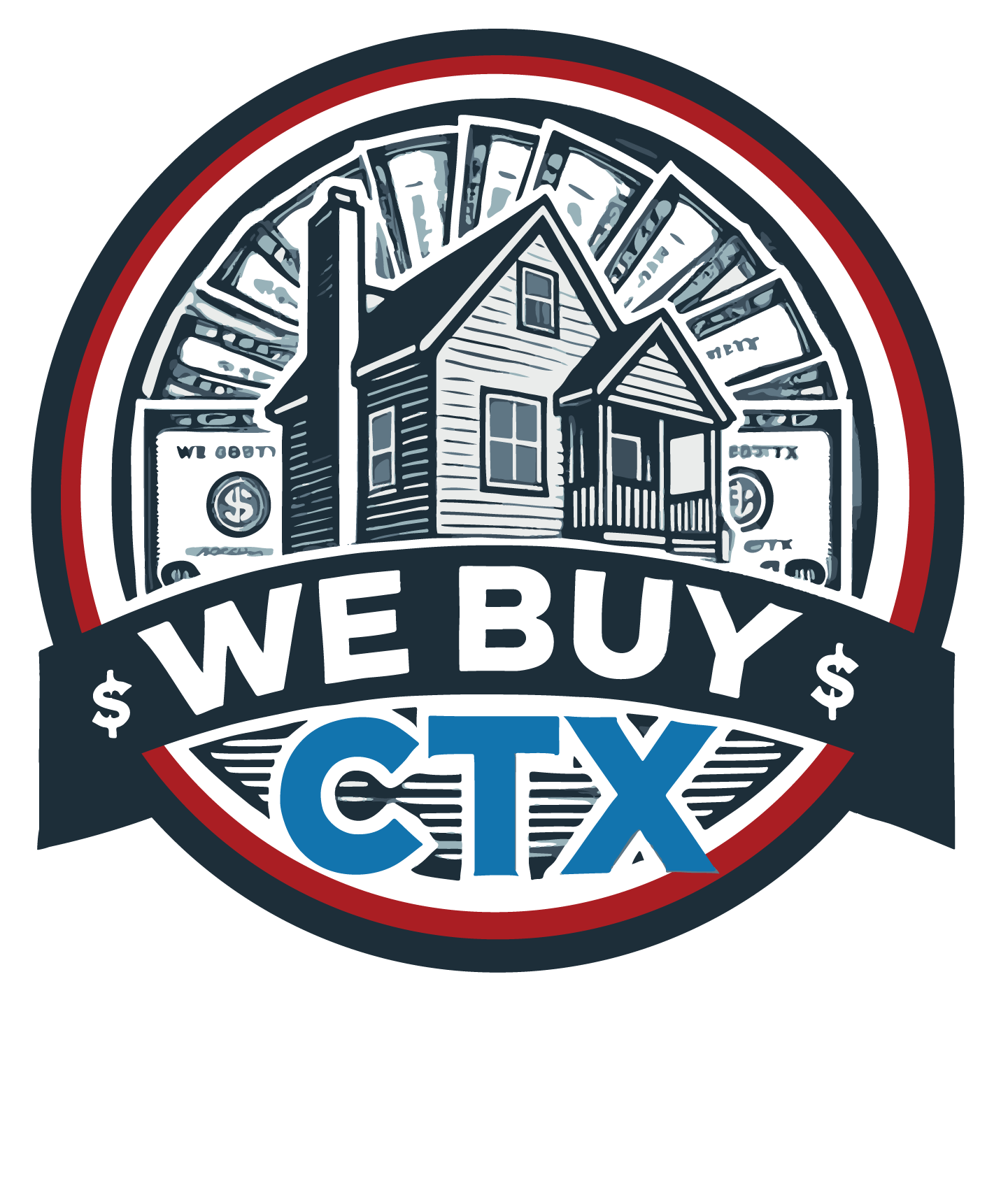Zoning laws control how land can be used and developed, and they play a significant role in determining property values. Understanding how these rules impact land use can help property owners navigate potential challenges more effectively.
This article explains how zoning regulations influence property marketability, especially for homeowners, and highlights the risks associated with zoning changes or restrictions.
